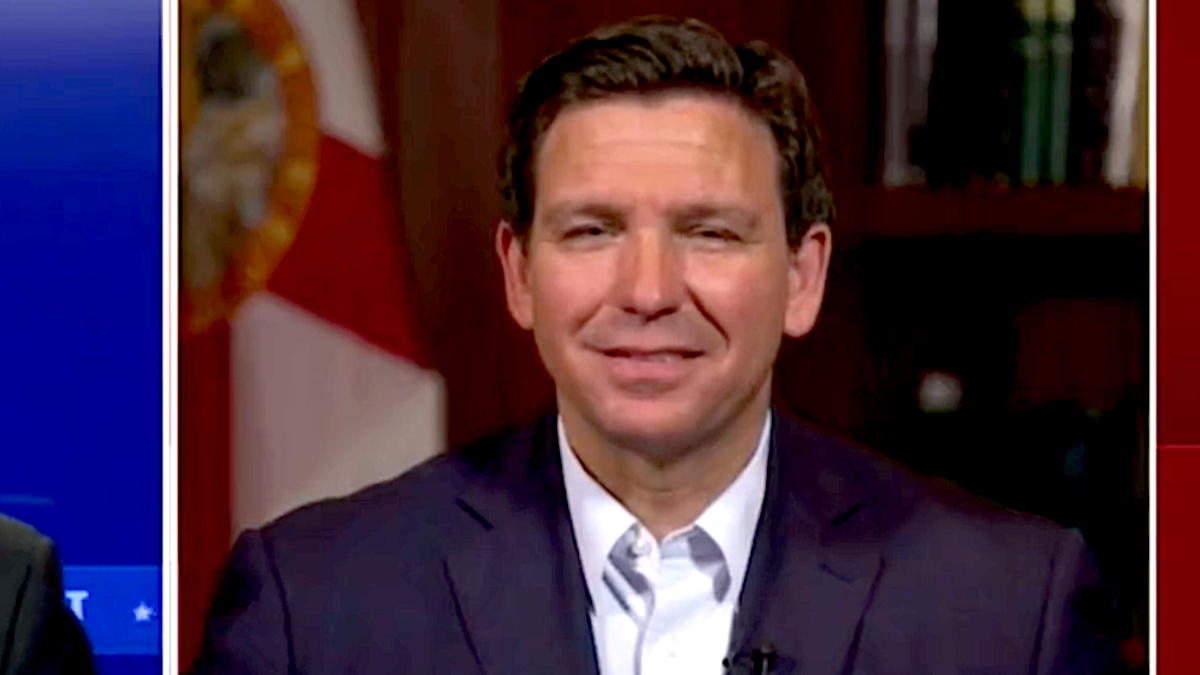NBC ran a story online last week featuring several former public school teachers in Florida, who quit their jobs because they felt they could no longer properly educate students in light of the new parental rights law. Others no doubt share those concerns, so with that in mind, here are three tips on how to be a teacher in Florida under these new circumstances.
1. When the opportunity presents itself to discuss sex with students, try changing the subject to something like math or grammar. The new law explicitly prohibits school personnel from “classroom instruction” related to sexual orientation and gender identity in grades K-3, which has some teachers under the impression that they have to conceal their personal lives, particularly teachers who are transgender or gay.
Nothing in the law says a teacher can’t acknowledge having a partner, regardless of gender or identity, nor is there anything to suggest a teacher can’t acknowledge a student who perhaps has two moms or two dads. What should be understood, however, is that explaining to a class what it means to be gay or what it means to have, say, a “trans fem” partner, is not within the bounds of what the state has determined is appropriate for a student in grades K-3.
2. Preoccupied with thoughts about sharing your pronouns and your dating life? Consider talking less and letting students share more. A misconception about the new law is that it prohibits teachers and students alike from expressing themselves in ways related to their gender. It doesn’t.
Students are in fact completely unregulated by the legislation and teachers should continue to feel encouraged to counsel and support the children in ways they express themselves. There is, however, instruction in the law to fully inform parents about the health and well-being of their child, should it be of concern. Teachers otherwise need not worry that there is an attempt to suppress non-heterosexual students.
But consider that perhaps children in grades K-3 don’t care about your personal pronouns and who you sleep with. Talk less and listen more.
3. Breathe a little. Too much fretting over the law runs the risk of appearing compulsive and pathological with regard to talking about sex with children. One woman quoted in the aforementioned NBC story said, “The law would erase me as an LGBTQ teacher. Nobody would be able to know, which then puts me in the closet, and I’m there seven hours a day, if not more, five days a week. I wouldn’t be able to be who I am.”
If it’s imperative that a teacher discuss gender identity or sexual orientation with children grades K-3, it may not be the profession best suited for him or her. It’s unnecessary and more than a little creepy. Arguably, those discussions should be entirely reserved for close friends, family members, significant others and diaries, rather than children who are none of those things to any given teacher.
Ultimately, by employing these simple tips, it is possible to continue teaching in Florida’s public schools, even as a gay or transgender person. Keep calm, do your job, and don’t forget about more important things like teaching math, reading, writing, and science. (Real science, not the Fauci kind).









